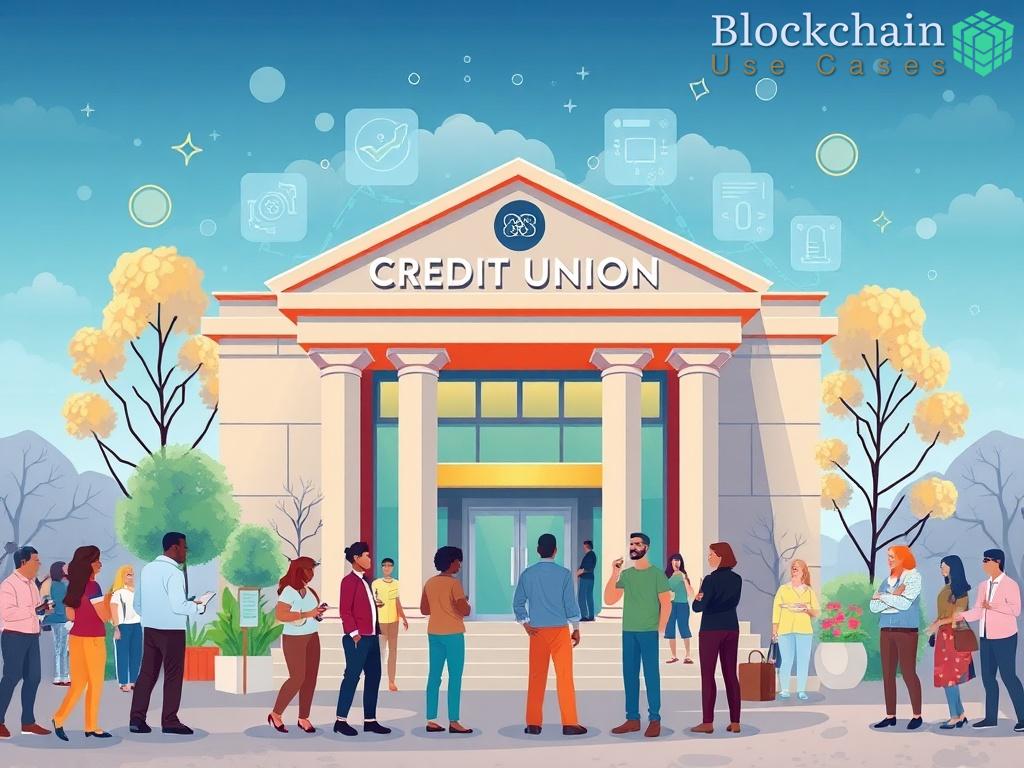Understanding Illiquid Assets
Illiquid assets are investments that cannot be quickly sold or exchanged for cash without a substantial loss in value. These assets can include real estate, collectibles, and private equity. Traditionally, illiquid assets pose challenges for investors seeking to access their capital efficiently. However, the advent of blockchain technology offers a revolutionary pathway to enhance liquidity through tokenization.
The Tokenization Process Explained
Tokenization refers to the process of converting rights to an asset into a digital token on a blockchain. This process can democratize investment opportunities and create a more liquid marketplace for assets that have historically been difficult to trade. By utilizing smart contracts, tokenization provides a secure and transparent framework for transactions.
Here are the key steps involved in the tokenization process:
- Asset Identification: Selecting the illiquid asset to be tokenized.
- Valuation: Determining the fair market value of the asset.
- Legal Structuring: Ensuring compliance with regulations and legal requirements.
- Creating Digital Tokens: Issuing tokens that represent ownership or rights to the asset.
- Marketplace Listing: Offering tokens on a digital marketplace for trading.
- Transaction Execution: Facilitating the buying and selling of tokens efficiently.
Benefits of Tokenization in Enhancing Liquidity
Tokenization has the potential to transform the landscape of asset trading by addressing several key issues associated with illiquid assets:
- Fractional Ownership: Tokenization allows for the division of assets into smaller, tradable units, making it possible for more investors to participate.
- Increased Accessibility: With blockchain technology, investors can access and trade tokens globally, breaking down geographical barriers.
- Enhanced Transparency: The immutable nature of blockchain ensures that all transactions are recorded transparently, reducing the risk of fraud.
- Faster Transactions: Smart contracts facilitate instantaneous transactions, significantly reducing settlement times.
In summary, tokenization is poised to unlock the value of illiquid assets by enhancing liquidity through a digital framework. As blockchain technology continues to evolve, it will pave the way for a more inclusive and efficient investment landscape.


















